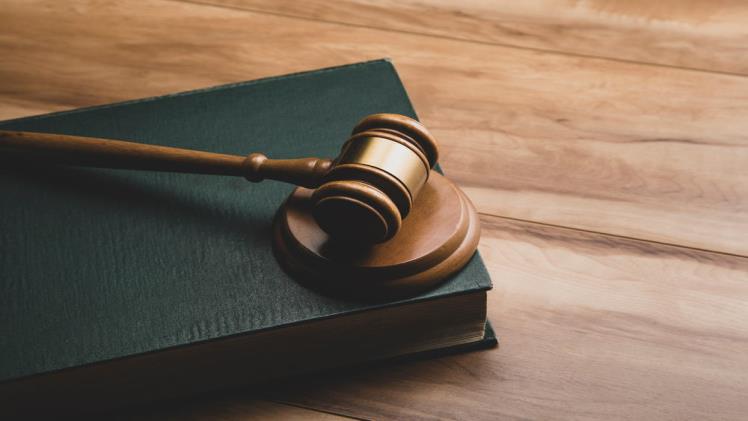Imagine enduring a months-long process to bring a civil suit against a deadbeat customer. All that work finally pays off when the court rules in your favor. You now have a judgment entered against the debtor. Enjoy your victory but bear in mind that winning the case will not necessarily bring an end to the court proceedings. You may be back in court multiple times before the issue is settled.
In a perfect world, judgment debtors would offer full payment immediately after losing their court cases. But as the judgment collection specialists with Judgment Collectors explains, that rarely happens. Debtors are seldom that cooperative. In fact, they are uncooperative more often than that. That is why the initial lawsuits are filed.
At any rate, Judgment Collectors explains that there are numerous circumstances that could have you back in court. A few of them are described below. As you read, bear in mind that these are just examples. State laws governing judgments and court proceedings differ from one jurisdiction to the next.
When Debtors Don’t Answer Interrogatories
In a post-judgment scenario, the judgment creditor may seek information about the debtor’s employment, residency, income, and assets. The process of obtaining that information is known as interrogatories. In most cases, interrogatories are furnished in the form of written questions.
It is not unusual for debtors to not cooperate with interrogatories. They purposely keep their answers vague or simply do not answer at all. If a lack of cooperation persists, the creditor may be able to go back to court to obtain an order compelling the debtor to appear and answer questions.
When Debtors Try to Hide Behind Companies
There are times when debtors attempt to shield their assets through their companies. They expect that turning ownership over to their companies protects said assets from being seized by the creditor. Unfortunately, the strategy does tend to work. A creditor may have to go back to court seeking a writ of execution against personal assets that are being shielded by the debtor’s company.
When Debtor Assets Are the Best Option
Judgment creditors can pursue every other strategy but asset seizure and still fail. In such cases, a debtor’s assets might represent the best option for ensuring payment. It might be the only option left.
In order to seize and sell debtor assets, creditors need writs of execution from a local court. So it’s back to the courthouse for another hearing or two. Once the writs of execution are obtained, they must be filed with the appropriate county clerks. That could mean filing paperwork in multiple jurisdictions based on the location of the assets in question.
When Debtors Declare Bankruptcy
Unfortunately, some states allow judgment debtors to protect their assets against collection through bankruptcy. In states where this is allowed, debtor attorneys have been known to suggest bankruptcy specifically to avoid paying. It is not right, but it still happens.
Bankruptcy cases are rarely settled quickly. Once a debtor files for bankruptcy, their creditors are usually given an opportunity to make claims against whatever limited assets are available. It is ultimately up to the court to determine which debts are dismissed, which ones are paid, and what each creditor will get as a result. For the judgment creditor, it means going back to court to make a claim.
It is unfortunate that collecting judgments is so difficult. Sometimes it can seem like the system is designed to favor the debtor over the creditor. That is why successfully winning a civil lawsuit doesn’t necessarily mean the end of court proceedings. Those proceedings can drag on for years.


